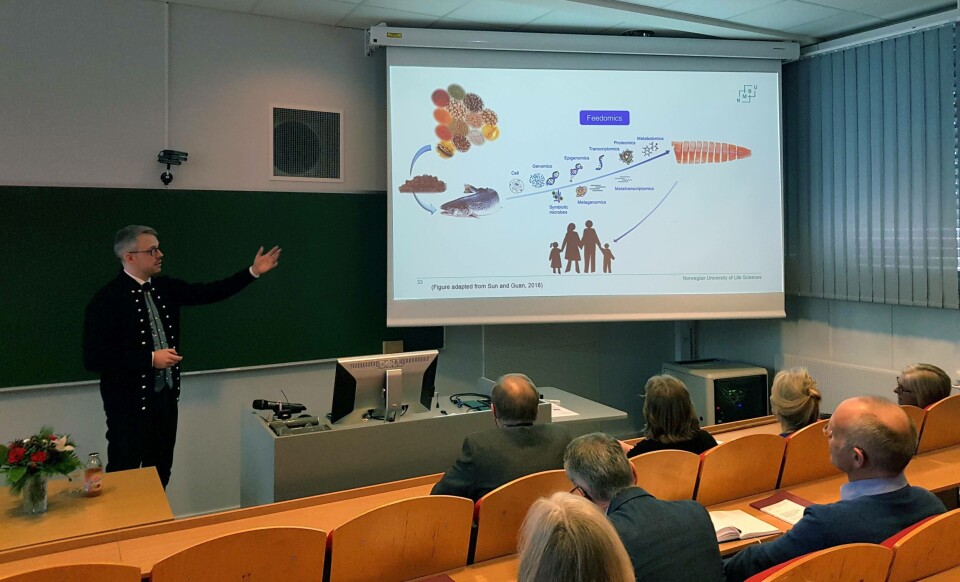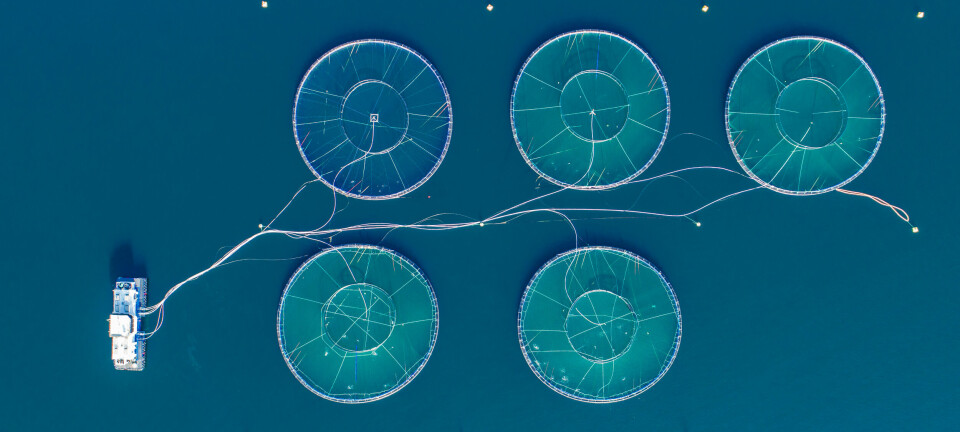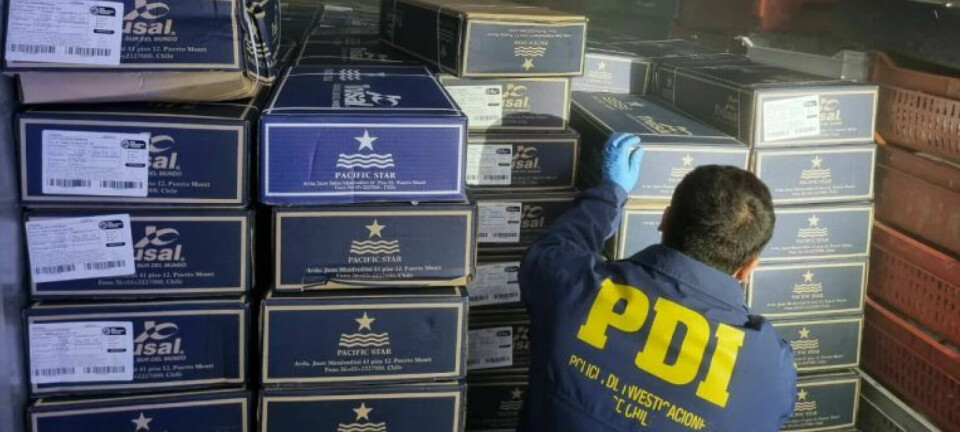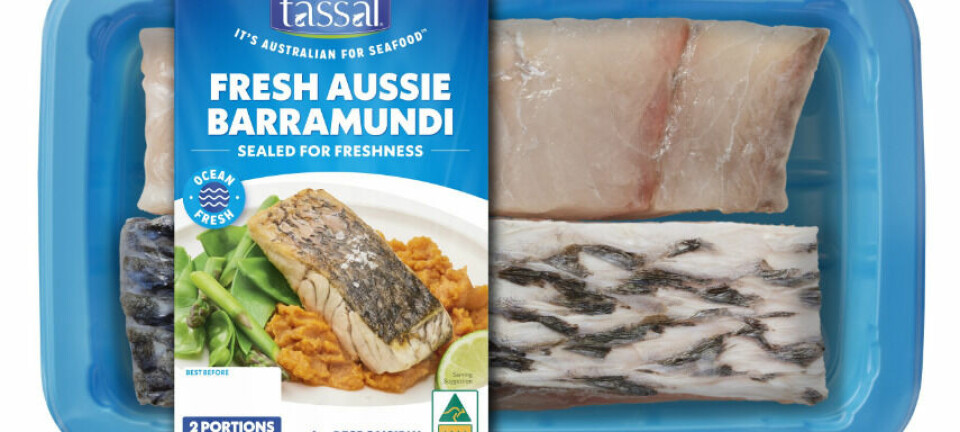
High-protein feed worth the extra cost, concludes thesis
A PhD study into the balance between fat and protein in salmon feed has concluded that high-protein feed is worth the extra cost compared to a high-fat feed.
Rúni Weihe, an employee of Faroese salmon farmer Bakkafrost’s feed subsidiary, Havsbrun, defended his PhD thesis in the Norwegian University of Life Sciences (NMBU)
The conclusions of the thesis are:
- A salmon that receives a high-protein feed compared to a high-fat feed will utilise the feed better and grow faster, especially in the autumn;
- A high-protein feed strategy results in less fat becoming attached to the salmon’s intestines and gives a higher harvest yield;
- Even though a feed with a high protein inclusion has a higher initial cost price, calculations show that a better utilisation of the feed, shorter growth cycle and higher harvest yield result in a better overall economic result.

Another Havsbrun employee, Hans Jákup Jacobsen, defended his PhD thesis in the University of Bergen in Norway.
The title of the thesis is “Development and application of solid state fermentation enzymes in soy-based Atlantic salmon feeds”.
In the thesis Jacobsen proves that the enzyme from the fungus Aspergillus niger can break down some anti-nutrients that can be found in soya oil and can cause infection/inflammation on the salmon’s intestines. These anti-nutrients and the consequences of them can lead to lower digestion, slower growth and bad salmon health.
This is important as the industry in the last 20 years has shifted from using a high inclusion of fish oil to high inclusion of plant oils in salmon feed.




















































